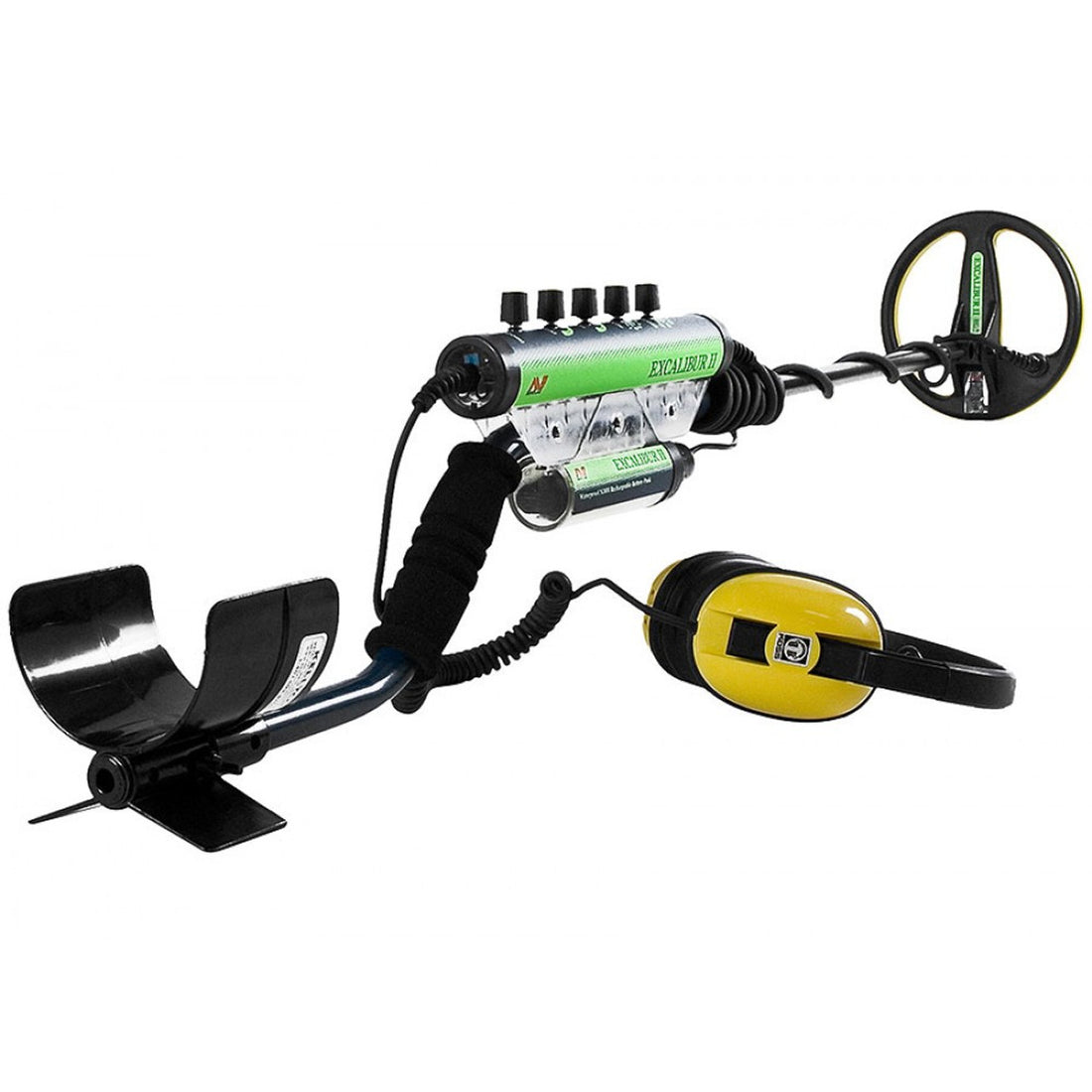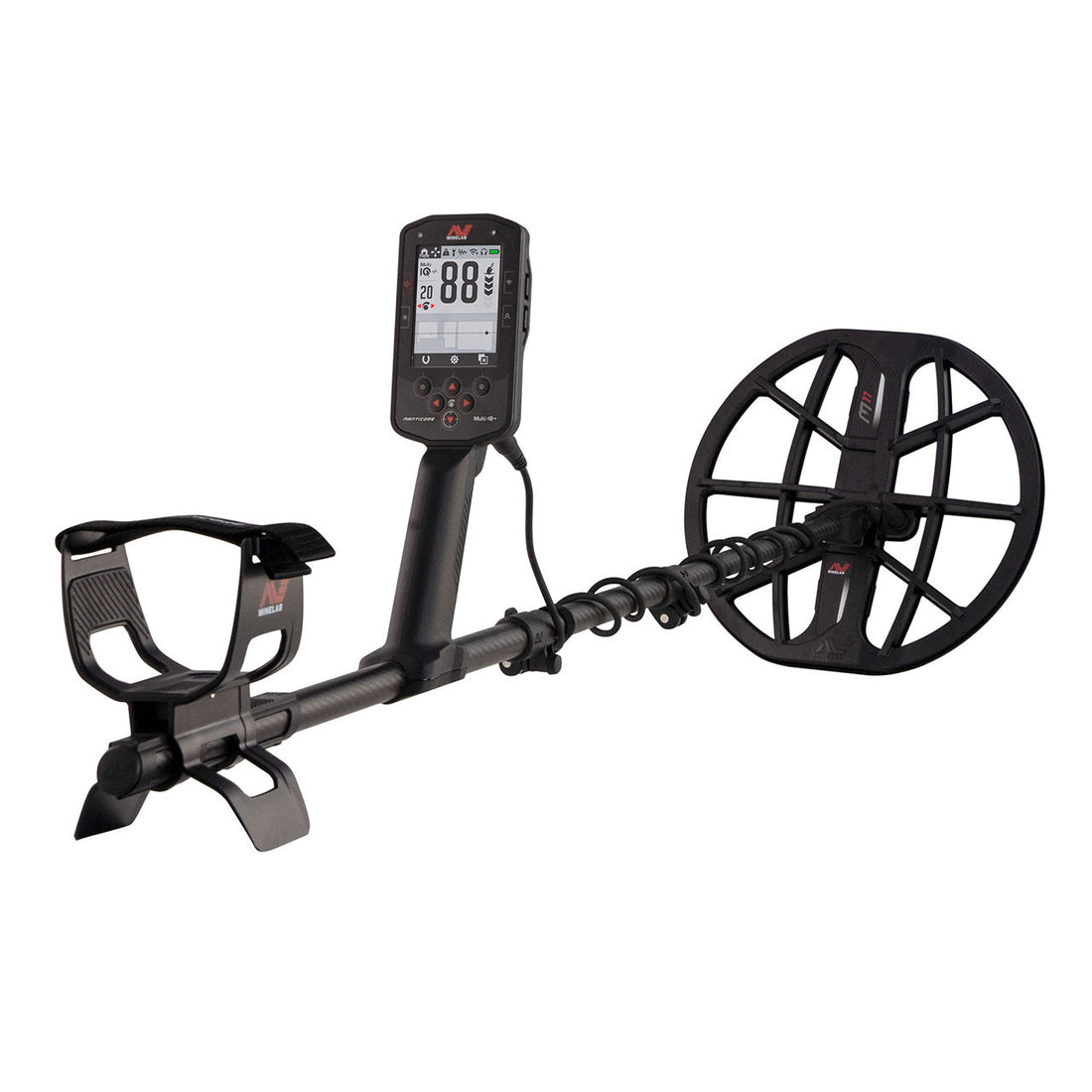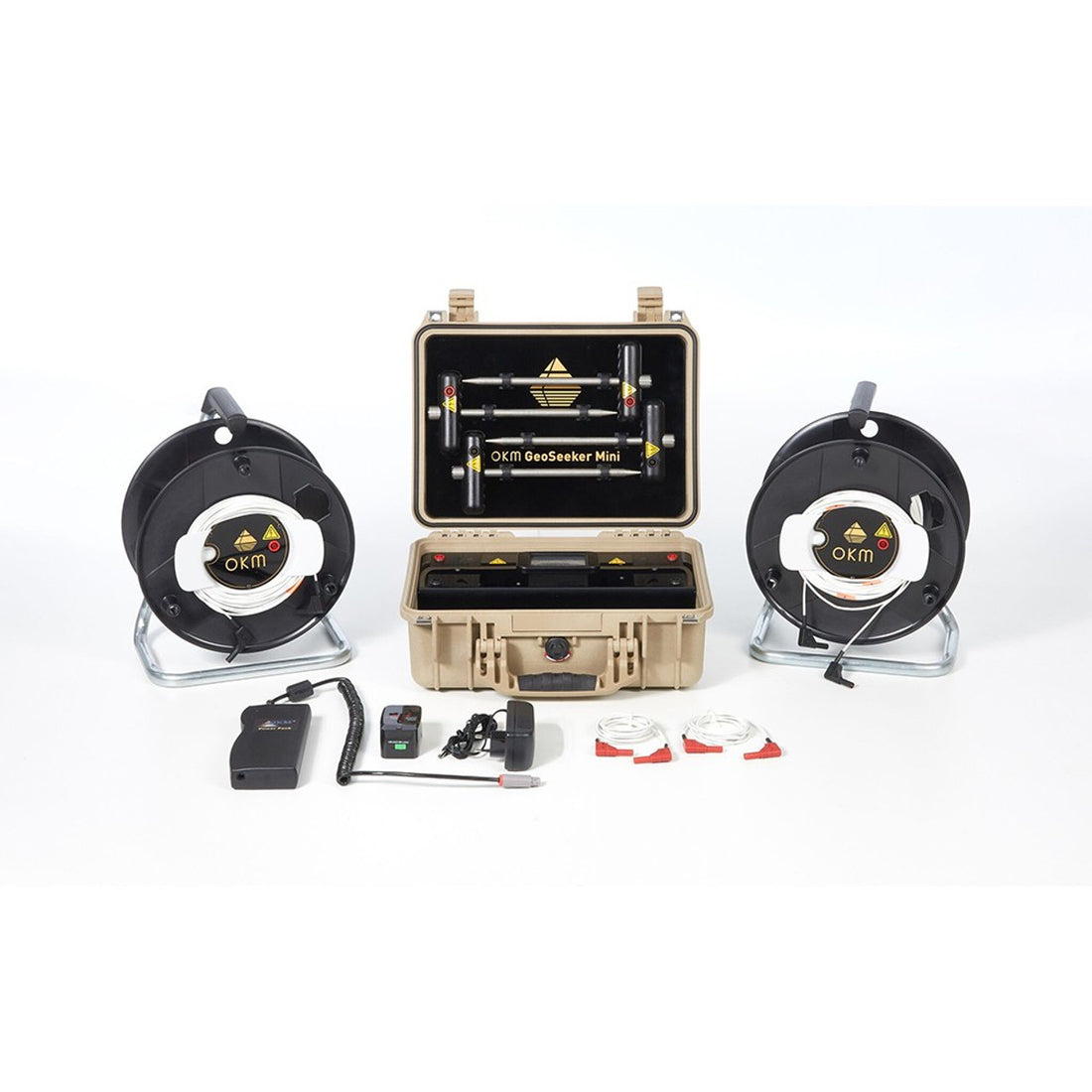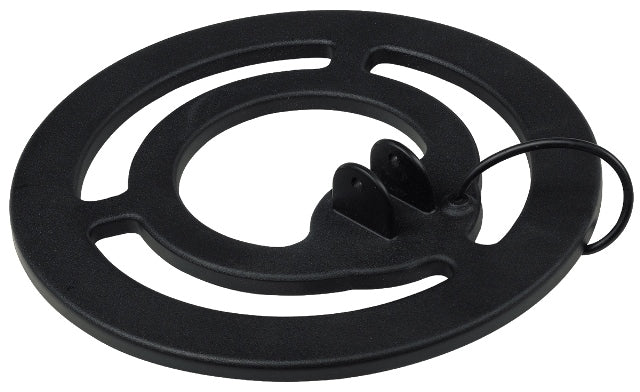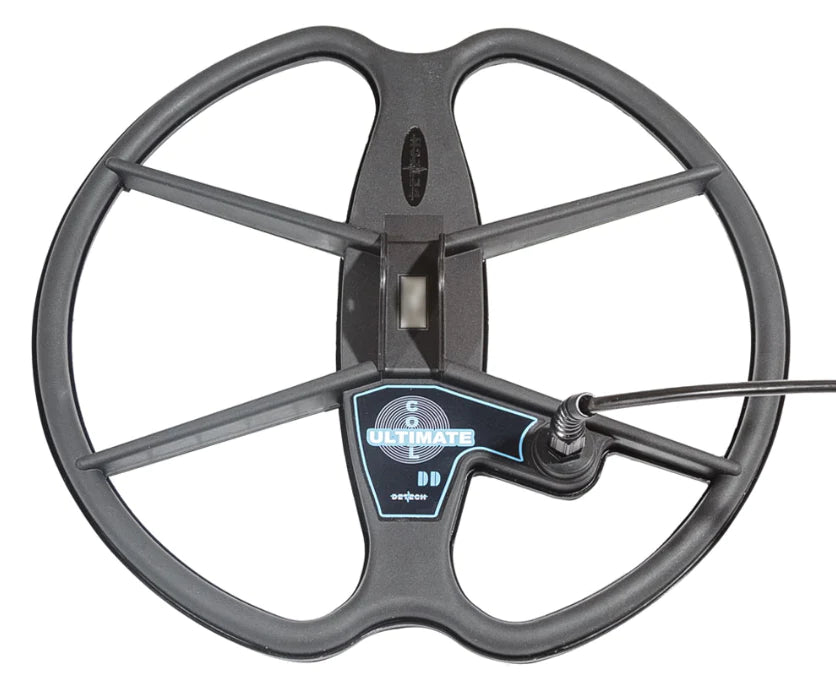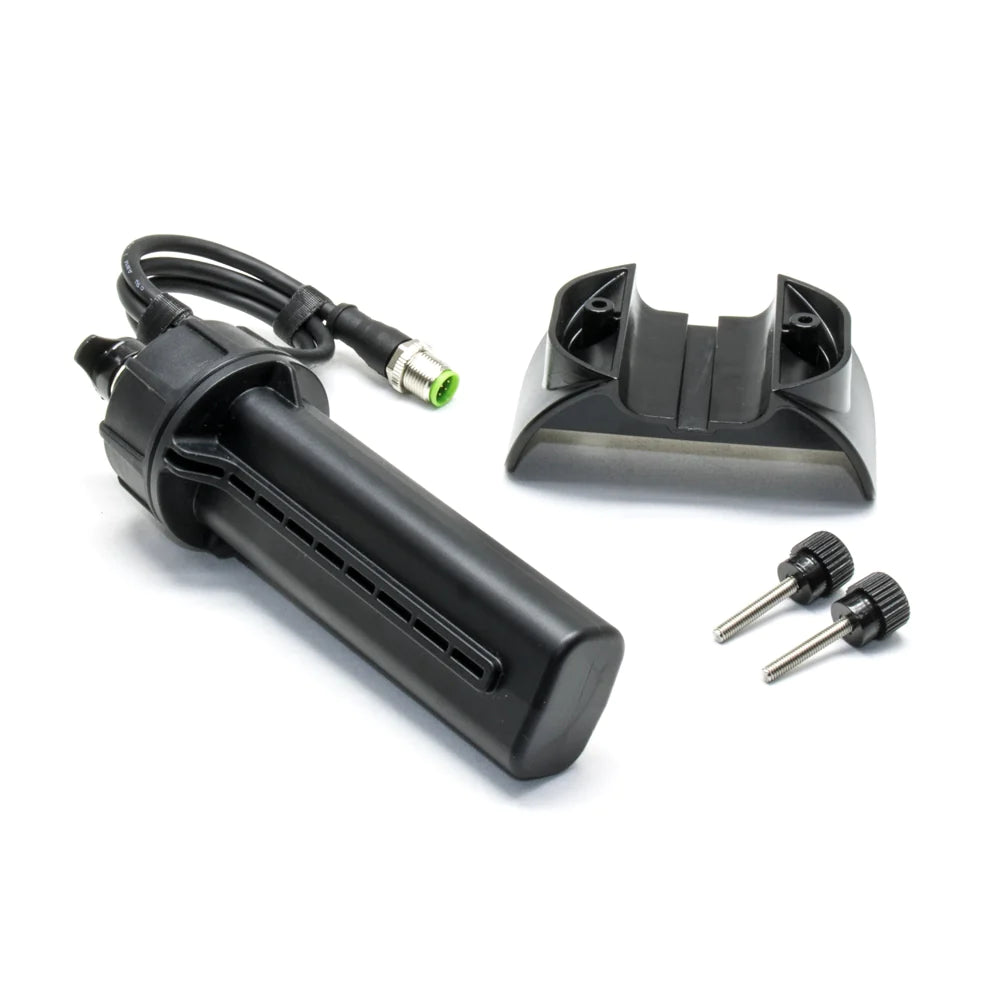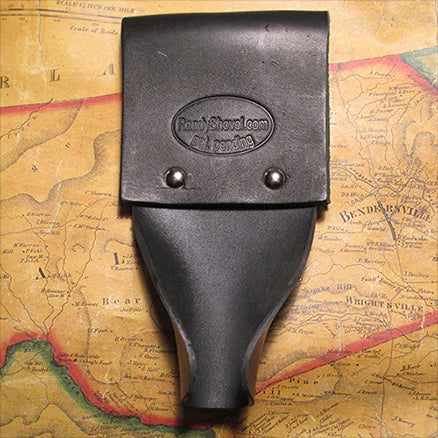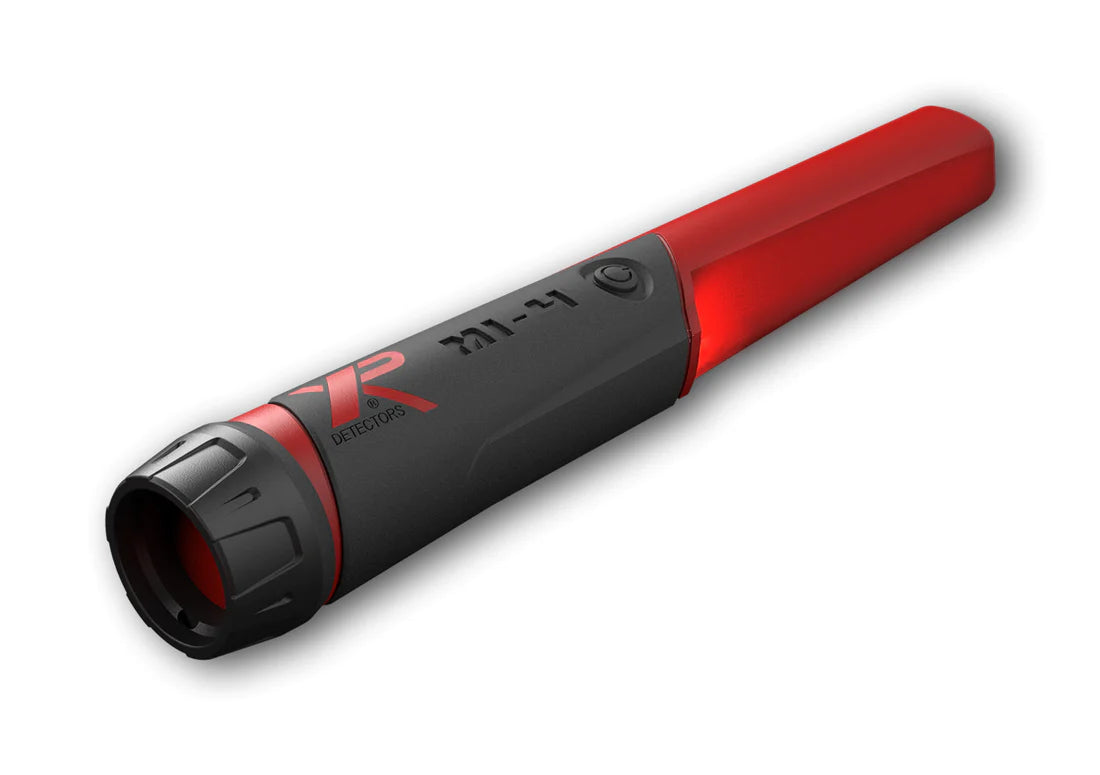How to Find the Right Location for Your Business
How to Find the Right Location for Your Business
by Michael Bernzweig
So you're embarking on a new business venture? Or just coming up with a business idea? One of the most important obstacles you'll need to overcome is finding the right location for your business. Choosing a business location should be a careful process to increase both your customer base and your success.
When looking for the right location for your business, you'll need to:
- Consider the Type of Business
- Research Relevant Laws and Regulations
- Review Your Budget
- Think About Your Supply Chain
- Anticipate Demand
- Gauge Space Needs
- Evaluate Your Parking Needs
- Reflect on Your Brand Identity
- Assess Your Target Audience
- Look for Additional Sources of Funding
You should remember that the perfect location may not always be available. Sometimes it takes a little hard work to find the right place. This article will list a few things to consider when finding the right place and provide some tips for finding a practical location that fits your needs.
1. Consider the Type of Business
Depending on the type of business you're opening, you'll want to consider the site selection of your location that will be most convenient for your target audience. For example, if you're opening a restaurant, maybe it would best suit your business needs and benefit your employees to be placed in a retail location in an area with a high pedestrian traffic flow around dinnertime. This way, there is more of a chance that you will attract the type of customer base you are looking for. If your retail space is located in a space where your target customer frequents often, the chances of doing a good volume of business activity will increase dramatically. Think of it as just good customer service. You will also want to be sure that there is no similar business in close proximity. By researching the
surrounding businesses, you can make a well informed decision. The real estate market in most major cities is quite competitive.
You will also want to be sure there is not a competing business that will derail your sales quickly.
Several types of businesses are location-dependent, and the following are just a few of the most common:
- Restaurants/Bars - High traffic areas work best for this business location
- Coffee Shops - High-traffic areas work best for this business location
- Night Clubs - Areas with high concentrations of young adults are best suited for this type of business location
- Book Stores - These are most profitable when they focus on the local community, so being near colleges or universities is an advantage.
- Retail Stores - Depending on what you are selling, shopping malls are great locations for retail spaces because there will be lots of foot traffic.
2. Research Relevant Laws and Regulations
Some laws and regulations may affect the feasibility of different locations, like how close to schools, public buildings, or other places certain locations are. In some areas, a local small business development center may exist in your town to provide some guidance. These organizations are set up to help new businesses get up and running. They are familiar with the local zoning ordinance and commercial space availability in the area. A zoning restriction can derail your business quickly, so be sure you are aware of all of the local rules and regulations. They can point you in the right direction to locate business space in the area that would be suitable for you. Commercial space leases and retail store leases are quite different than residential leases, and you need to be sure to understand the differences.
For example, the need for warehouse space can vary considerably depending on what your business does and what environmental codes are in place by local and city governments. You’ll need to research zoning ordinances and potential zoning restrictions with the city hall or local government. For example, the NYC Zoning Resolution in New York City determines the allowable size and use of buildings for business locations, putting a further restriction on those that need larger spaces.
When planning on using a particular technology or service, check with your local government to see if it is restricted or prohibited.
You'll need to research these legalities before determining which location would be best for your business. You'll also need to include considerations for building, such as removing potential hazards and avoiding damage to utility lines.
3. Review Your Budget
Consider how much of your budget can reasonably be set aside to acquire and maintain your business's location. You should take a look at your business plan to determine the set budget you have for finding a location and if there is any wiggle room. Some potential expenses related to acquiring and maintaining a location include:
- Lease deposit [or down payment]: The initial cost for renting a building. Depends on the lease term.
- Rent: The monthly fee you will be charged for leasing a facility.
- Utility costs: Costs associated with repairing, setting up, or using electricity, heat, air conditioning, and water.
- Potential damage: Existing buildings may have existing damage, like water leaks, which you may need to repair or replace.
- Building amenities: You will also be responsible for providing your own furnishings if the building does not already include them. If it does, you may still choose to make upgrades, like adding air conditioning units in each room.
It is important to assess the best locations for any damage, as this could impact the cost. Plumbing issues, for example, could cause significant damage over time. A simple leak can cost a lot of money in utility costs if not addressed quickly enough.
4. Think About Your Supply Chain
Before choosing your location and applying your a business license, consider that your supply chain may affect the feasibility and business operation of using different locations, like a commercial property with a loading bay or a warehouse. There may also be potential issues if your business property is in a high-traffic urban area.
You may need to consider altering your supply partners if a good location poses a problem for the business owner or relationship. For example, if your supplier is not centrally located in the market, it may be hard to get products at crucial times. A great tool to navigate any supply chain issues would be to look at related articles in business publications like Entrepreneur Magazine.
5. Anticipate Demand
It is important to assess the demand for your products and services in the right business location. To gauge demand for your products or services in a particular area, ask your existing and new customers if they would be interested in using the location you have in mind. You might also check with a potential customer or two. If you don't have customers yet, consider the demographic of your business and the areas you have in mind.
Also, note whether there is good visibility for your business from the road or footpath, as this will determine how many people can find you. If potential clients do not know where to find you, you may lose out on sales over time.
It is also essential that demand meets up with what you can offer responsibly and profitably. For example, if your products are seasonal but the area demands them all year round. It may not be a suitable location for your business, even if they seem easily accessible by car or public transportation. As you weigh the options for your business location, factor into your decision all of these details. Each detail is an important factor in making your final decision on the location.
Some additional important business location factors to consider include:
- Common modes of transportation in the area
- The median income of an area
- The current unemployment rate
- Current educational attainment
- Crime rates
- Sources of entertainment in the neighborhood (if relevant)
- How much competition exists from nearby businesses or similar businesses in the area?
6. Gauge Space Needs
You'll need to consider the amount of space your business requires and what each prospective space offers. Some factors that may affect your space needs include:
- The size of your product or service
- Whether it is a home-based business
- The number of employees you'll have
- What type of space is appropriate (e.g., warehouse, lab)?
- The amount of customer traffic you expect to receive and
- The location's distance from major roads and highways
There are some ways that you can maximize the efficiency of space usage, including :
- Leasing a space with an open floor plan
- Large amounts of storage
- Utilizing a storage facility for extra product
Maximizing the space your business has is an important step before opening the doors to your clientele. One way to get around paying for empty space is finding a space that's less than ideal and building out the interior before moving in. This process will allow you to tailor your new office space or manufacturing location rather than settling for whatever fits but doesn't adapt to your needs.
You can gauge the property boundaries of your location by identifying the location of the property pins. A site survey with a metal detector will help locate those boundary markers. They are typically made out of iron and can be located with a Ferro probe. It is also a good idea to locate any septic tank locations on your site. You can do this with a metal detector as well. By knowing where the septic tank location is, you can schedule regular maintenance from a septic service in your area.
7. Evaluate Your Parking Needs
One vital factor is determining whether parking options in the potential location will suit those needs. Explore various parking options, including garages, lots, street parking, and/or public transportation.
To gauge what option is right for you, ask yourself:
- How many employees will your business have?
- Where will my employee's park?
- How many parking spaces will be available?
- What's the peak amount of customer traffic you'll experience?
- Where is the clientele coming from?
To determine how much parking you will need in your ideal location, you should ask yourself these questions.
Expanding your parking options may be challenging as it involves potential demolition, surveying of the business premises, and/or potential structural shifts. Not to mention, it will be expensive and time-consuming. But if you're able, adding an extra parking lot may benefit your business.
Whatever the case may be, having enough safe, accessible parking can make or break your business.
8. Reflect on Your Brand Identity
Your perfect location can reinforce your brand identity or hinder it. Be sure you have the rights reserved for your brand's signage and logos before implementing them into your locations, but once you've got your identity reflected on your location, it can make a huge difference when done right. For example, if you are an organic clothing company that prides itself on sustainable practices, you might not want to be located in a strip mall with a big box retail business next door. This could damage your customers' trust in your business and would only position the company as another faceless corporation.
Likewise, if your business location is meant to look whimsical, you might not want to be located in a business park next to an accounting firm. Consider aspects of your brand, whether it's family-friendly, focused on the environment, or affordable luxury items.
When thinking about where to locate your company, try to imagine what type of customers would feel at home there and make sure that the location is inviting for them. When you do find your dream location, use marketing strategies such as a sign in your window to increase visibility, catchy signage, and social media promotions so that the right clientele can find you easily.
9. Assess Your Target Audience
Consider how well the location will suit the needs of your target market, as well as how positively they will view the business and the business location.
For example, if you are opening an upscale restaurant, locating it in a business park with few passersby will not most likely be your most successful option. However, if you are opening a fast-food restaurant or convenience store, this may suit your business needs better.
When thinking about the right location for selling products, consider whether people would need to make special trips to purchase your items or whether there is already foot traffic near the location itself. Additionally, think about how large of an area the building that houses your company will cover and where potential customers might be able to find it within that space.
10. Look for Additional Sources of Funding
Grants may allow you to increase the amount of funding available to you in some cases. Grants are financial assistance businesses can receive, usually for startup costs. The Small Business Association provides a list of U.S.-based organizations that fund small business owners through grants.
Some potential opportunities for grants and additional funding include:
- Community Foundation: Many small businesses can receive funding through a community foundation. If you're looking for additional funding to expand your company, check with your local community foundation or other non-profit organizations that may offer grants and scholarships to help small companies get off the ground.
- The SBA: Startup entrepreneurs can receive financial assistance and business counseling from the Small Business Administration.
Nonprofits: Nonprofit organizations such as One Story Project, which helps create more access to literature by financing workshops and publishing houses, offer various grants and financial services for those interested in starting up new literary ventures.
© 2022 Detector Electronics Corp.

